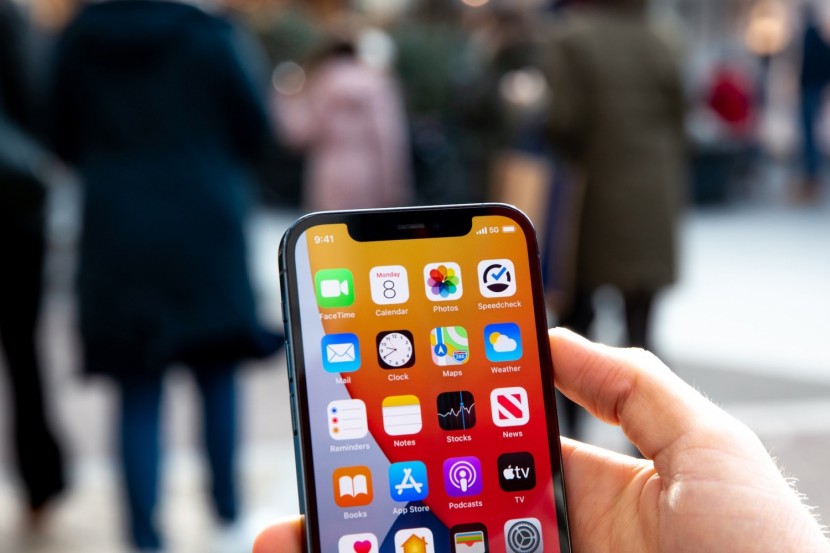As geopolitical tensions rise between China and the United States, a small number of Chinese ministries have reportedly ordered their staff to cease using iPhones in the workplace.

iPhone Ban in China
The Wall Street Journal (WSJ) said that the instructions were sent by supervisors to their employees during the last several weeks. Five different people familiar with the matter said the directives were issued in August to workers in ministries whose responsibilities include investment, commerce, and foreign relations.
Reportedly, these restrictions were implemented to prevent any potential threats to national security posed by a US company's telecommunications devices.
According to the South China Morning Post (SCMP), it is understood that a similar prohibition has been in effect for certain government agencies for years, but the most recent decision has widened that ban.
Until the end of this month, a source claimed that workers in the mentioned departments were urged to transfer to a different brand of work cellphones.
SCMP discovered that not all government agencies were subject to the phone ban. Also, the order solely affects the California-designed iPhone and has nothing to do with other brands of handsets manufactured elsewhere.
Counterpoint Research, which tracks the global technology industry, has found that Apple's iPhone is the only foreign-made smartphone to have a significant market share in China. As per the statistics, the iPhone had 17.2% of the Chinese market, putting it on par with Oppo and just below Vivo.
US-China Tensions
China has been working to lessen its dependence on foreign technology for over a decade, encouraging domestic chip manufacturers and encouraging state-affiliated businesses like banks to use local software.
Reuters reported that as Beijing's worry about data security intensified, the city's officials advocated a "dual circulation" development model in 2020 to lessen the city's dependence on foreign markets and technology.
Increasing the stakes in the race amid disagreements with the US, China in May pushed large state-owned businesses to play a vital role in its quest to achieve technological autonomy.
Beijing has restricted shipments from key US corporations including Boeing and Micron Technology. Meanwhile, Washington has been working with allies to impede China's access to crucial equipment required to keep its semiconductor sector competitive, leading to heightened tensions between the two countries.
US Commerce Secretary Gina Raimondo visited China last week and claimed American businesses had complained to her that the country had become "uninvestible" due to government activities such as fines, raids, and other regulatory burdens.
The United States has banned Chinese smartphone manufacturer Huawei Technologies and TikTok, controlled by China's ByteDance, and now China has implemented a ban of its own.








